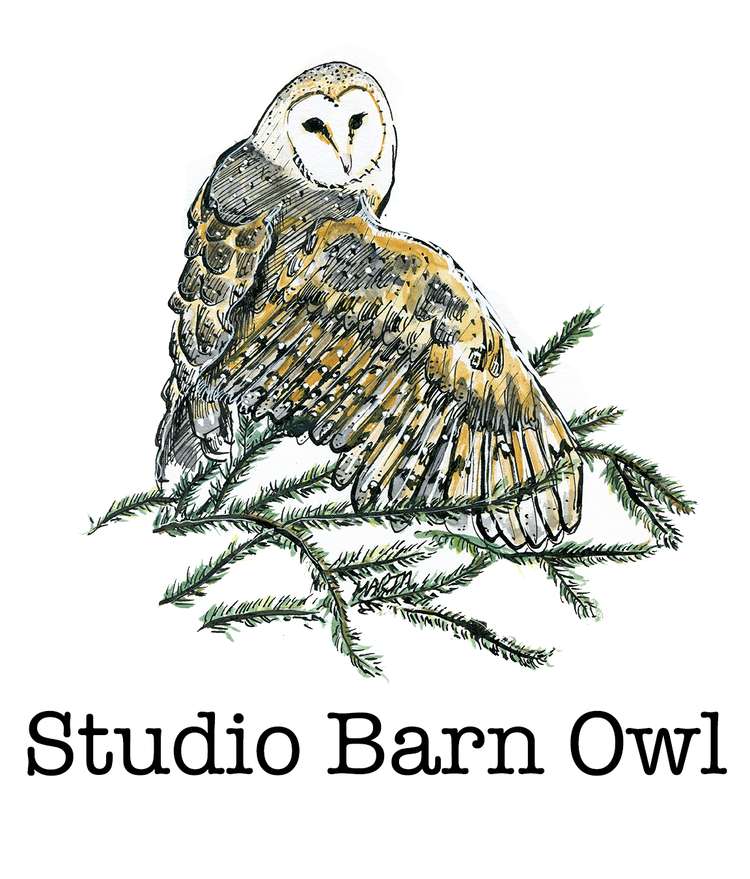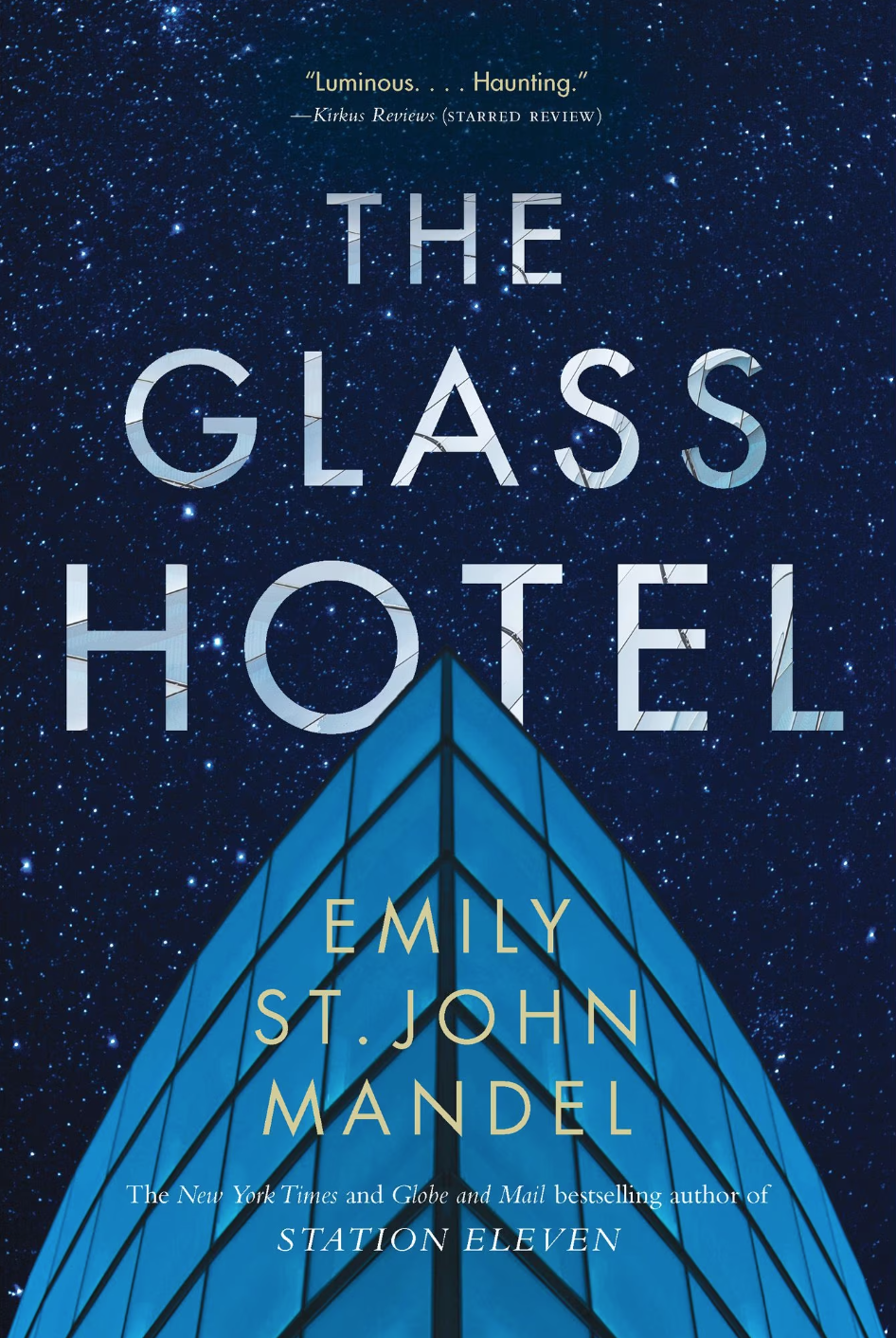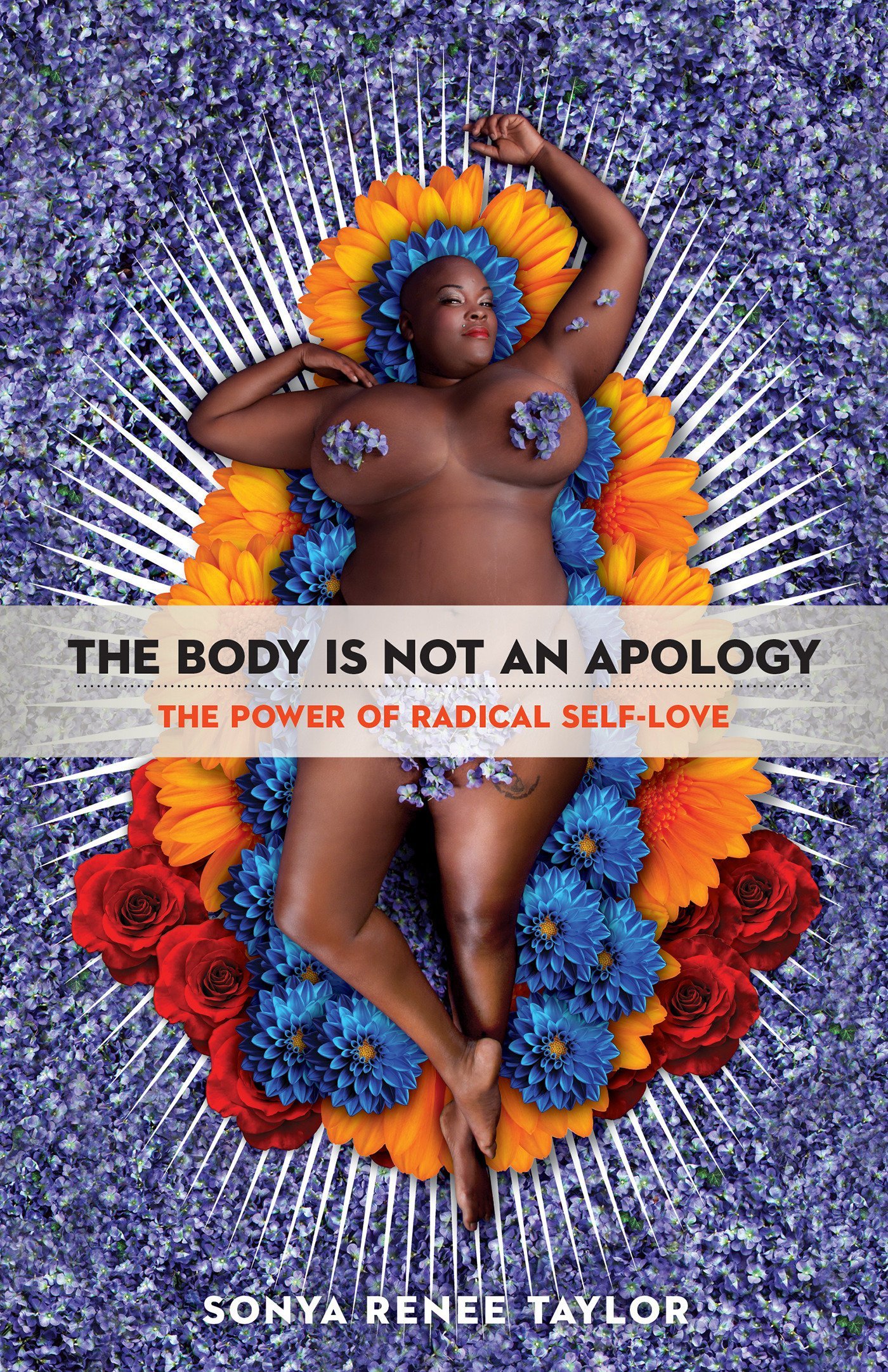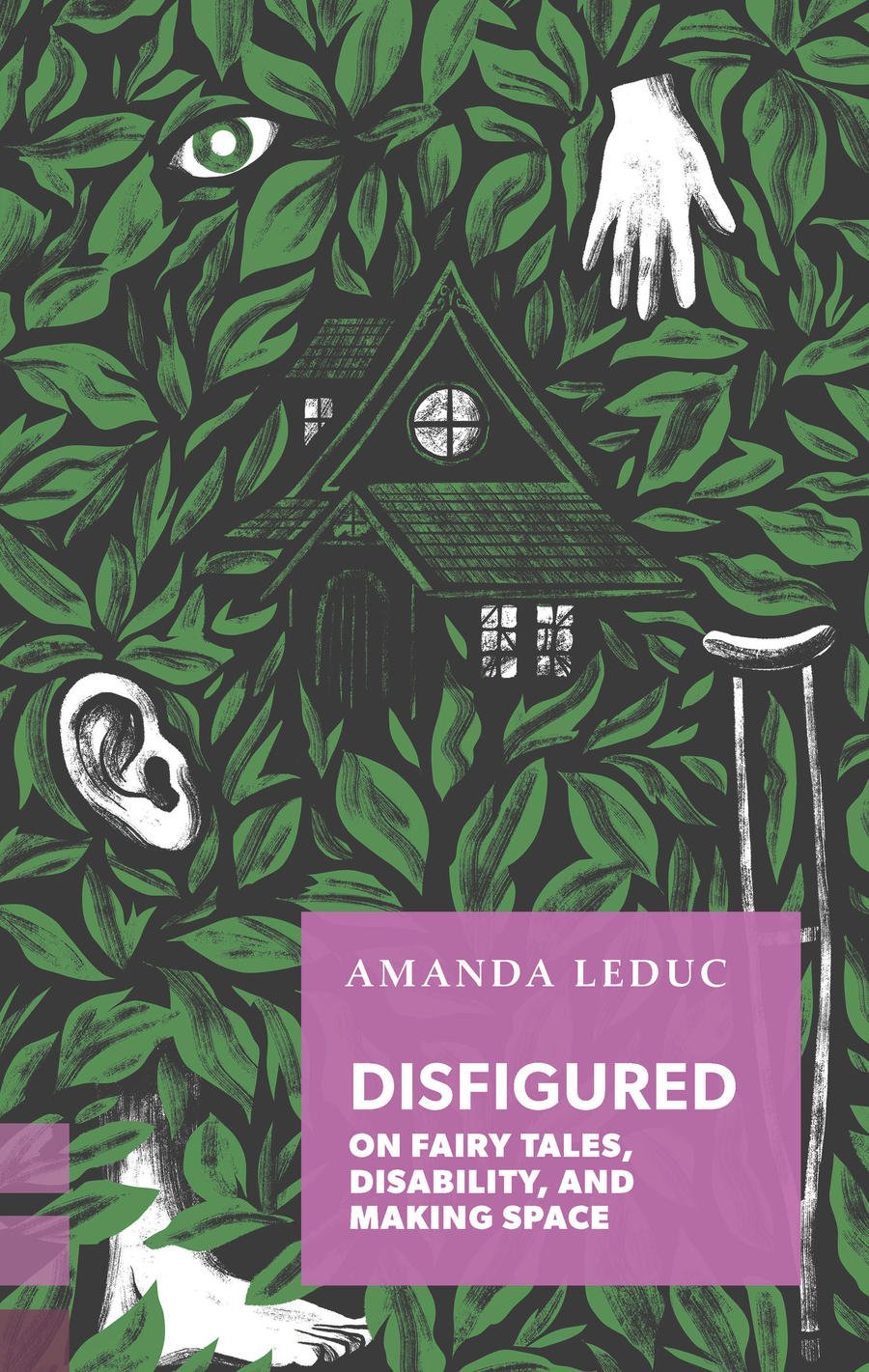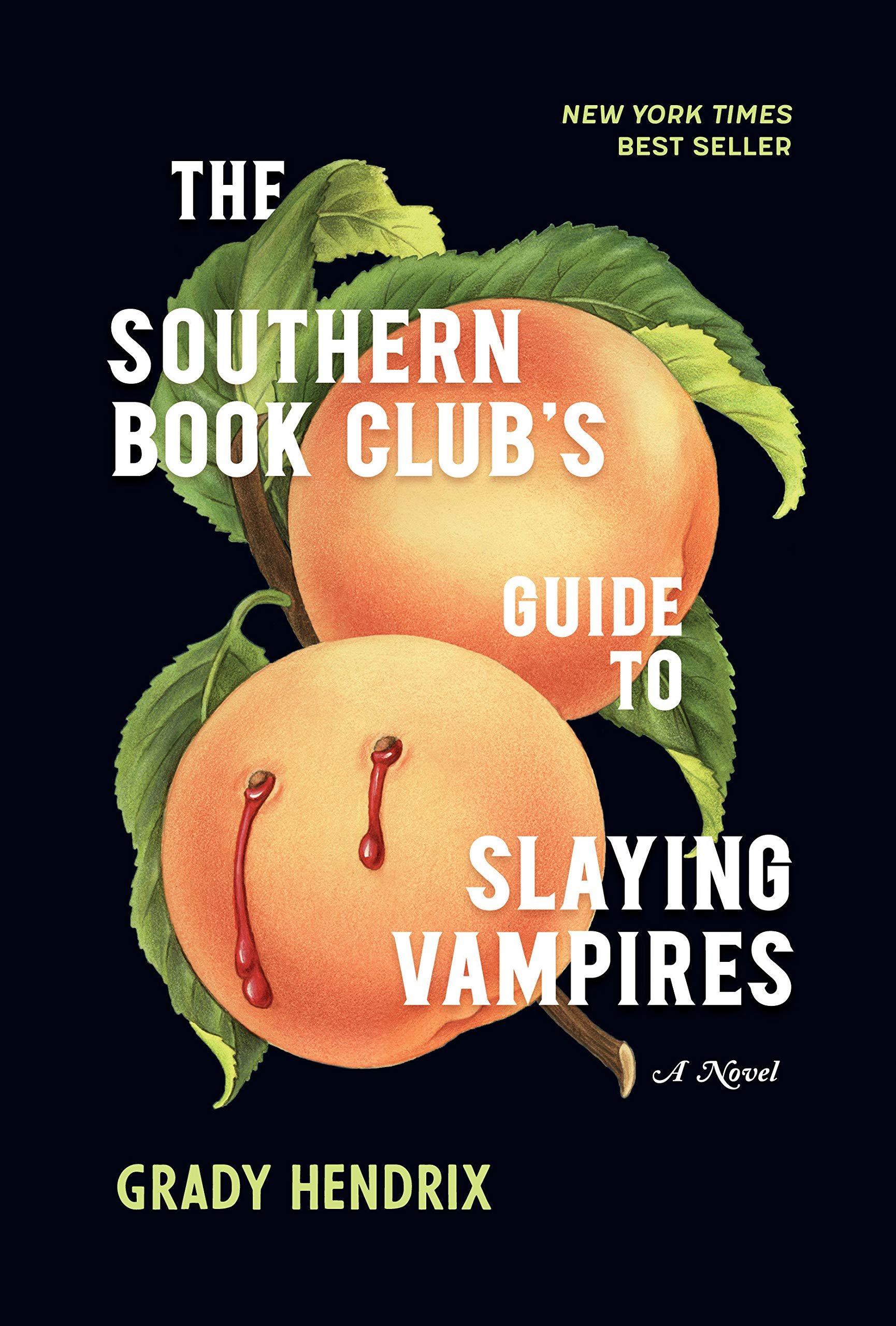Whoof. This was not the best month of reads, I’m going to be honest. It picked up near the end, but be prepared for some lightly scathing reviews at the beginning. Sorry in advance if you love any of the books I pan!
Sea of Tranquility by Emily St. John Mandel ⭐⭐
This book made the rounds in my social media circle and both the cover and back blurb drew me in. Speculative detective fiction spanning from the 1800s to many centuries in the future textured by music, a pandemic, and West Coast Canada? Absolutely. Sadly, what it ended up being was a Cloud Atlas wannabe that fell short in everything from plot to prose. My main beef with the book was it should have been marketed as part of a trilogy because it follows in the footsteps of The Glass Hotel so closely that it’s incomplete without understanding some of the characters from the previous book (Station Eleven would be the first in this spiritual trilogy, though you can probably get by without reading that one). I kept waiting for certain things to be explained, but they were left hanging. The new characters were very underdeveloped (unsurprising given how many there were and the length of the book), and most were characterized with “quirky” qualities that were supposed to pass for personalities when they weren’t simply author inserts. The one thing the book had going for it was its world building, but, like Station Eleven, it ultimately felt like an unfurled bloom. It’s for these buds of potential and the strong opening chapter that I’m giving it two stars because there were some undeniably cool concepts - I just wish they’d been fleshed out to completion.
The Glass Hotel by Emily St. John Mandel ⭐
After Sea of Tranquility, I turned to The Glass Hotel to get some answers. I fully regret doing so. Everything I disliked about Station Eleven and Sea of Tranquility was distilled into The Glass Hotel. The characters were wooden, the pacing was all over the place, and lord help me if I every hear the words “Ponzi scheme” again. This story brought nothing new to the world of literature - in fact, it fell into so many tropes I wondered if Mandel had done any research or whether she’d just defaulted to movie clichés. Right up until the end, I was really holding out the hope that this book would come around and would make me like both it and Sea of Tranquility more, but it only resulted in my resolve to never read her writing again.
The Body is Not an Apology: The Power of Radical Self-Love by Sonya Renee Taylor ⭐⭐⭐
This book was on the same list of recommendations as How to be an Anti-Racist by Ibram X. Kendi so I thought it would fall into the realm of Critical Race Theory and was interested in hearing a sociological perspective on the body positivity movement. I don’t know why I didn’t clock that it was a self-help book, but that’s my bad because the title says it all and delivers exactly what it promises. As soon as Taylor started talking about “reaching your higher purpose”, I knew it wasn’t for me, but in fairness to the genre, I think she does a great job zooming in and out of the microcosm of her life experiences and the macrocosm of the black body in society. That said, I would have liked a little more research, which would have lent more weight to some of her arguments. Despite that, I can picture her being a great lecturer and honestly the more voices out there boosting love for bodies of all shapes, sizes, and colours, the better.
Disfigured: On Fairy Tales, Disability, and Making Space by Amanda Leduc ⭐⭐⭐⭐
Wanting more from The Body is Not an Apology, I finally got around to reading Leduc’s Disfigured. Again, the title says it all, and the contents deliver. This was by far my favourite book this month and it’s one that has reshaped how I think about disability. Discussions about ableism get less visibility than discussions about other forms of discrimination, and therefore it’s harder to challenge the prejudices and biases we all have towards them. And believe me, no matter who you are, you will discover that you have biases you didn’t even realize. I loved that Leduc covered not just your classic Grimm’s stories, but also the modern fairy tale as represented by Disney. She did some excellent research about how these narratives shape our understanding of what’s a good body, what’s a bad body, and the fallacy of trying to moralize either of them. Though she was upfront at the beginning about being a white disabled person and therefore not feeling qualified to explore fairy tales from other regions of the world, I would have still liked more reference throughout to the differing experiences of disability across race and gender. Still, she’s honest about not being an expert in this realm of discourse, so I feel like that’s splitting hairs. It’s a wonderful book and I highly recommend it for the How-to-be-a-Better-Human shelf.
The Southern Book Club’s Guide to Slaying Vampires by Grady Hendrix ⭐⭐⭐
Jumping back into fiction, this novel follows a housewife in the smalltown South during the 90s who aims to rally her book club against a monster posing as her neighbour. I thought it was going to be more whimsical and funny, but it ended up being a cross between Stranger Things, True Blood, and the gaslighting social horror of Rosemary’s Baby. I read Hendrix’s Horrorstör last year and it toed a similar line of “Is this supposed to be funny satire or dark satire?”, and the answer, similarly, was “Yes”. My main critique is that the pacing is really slow for the fist 2/3 of the book and felt like it went in circles for a while. That said, the last third ended up having some really white-knuckled tension that made it excruciating to put down. Following the same trajectory, the characters started out a little annoying - especially the protagonist, whose submissiveness really ground my gears - but the payoff was worth it. Maybe my biggest surprise was that Hendrix actually managed to pull off novelty in the vampire genre. This isn’t your sexy vampire; this is pure monster and it serves as a great allegory for the ugly parts of humanity. As such, be prepared for some pretty monstrous stuff to happen. A great Spooktober read.
Trigger warnings: Child abuse, child death, domestic abuse, suicide, sexual assault, racism, violence against the black community, body horror.
And that’s a wrap on April! Thought these reviews were on point? Don’t agree with something I said? Let me know in the comments below! I am but a humble reader whose opinions can’t possibly represent the myriad complexities of these books and would to hear your own thoughts.
Happy reading!
